
Organic bioavailable supplements from the most nutrient-dense ingredients on the planet

There is no food in a food anymore! Mounting evidence shows that many of today’s plant foods aren’t as packed with vitamins and nutrients as they were 70 years ago, potentially putting people’s health at risk.
Scientific evidence suggests that synthetic vitamins, whether taken alone or in blends, are poorly recognized and utilized by our bodies. In contrast, micronutrients naturally found in food are more readily absorbed and integrated into our biological processes. This underscores the superiority of whole foods in providing essential nutrients for optimal health.
NUTRIVORE is a certified-organic supplement brand rooted in the terrain principle, offering grass-fed European beef organ capsules, bone broth, and protein concentrates designed to restore full-spectrum nourishment and support the body’s natural balance and vitality.
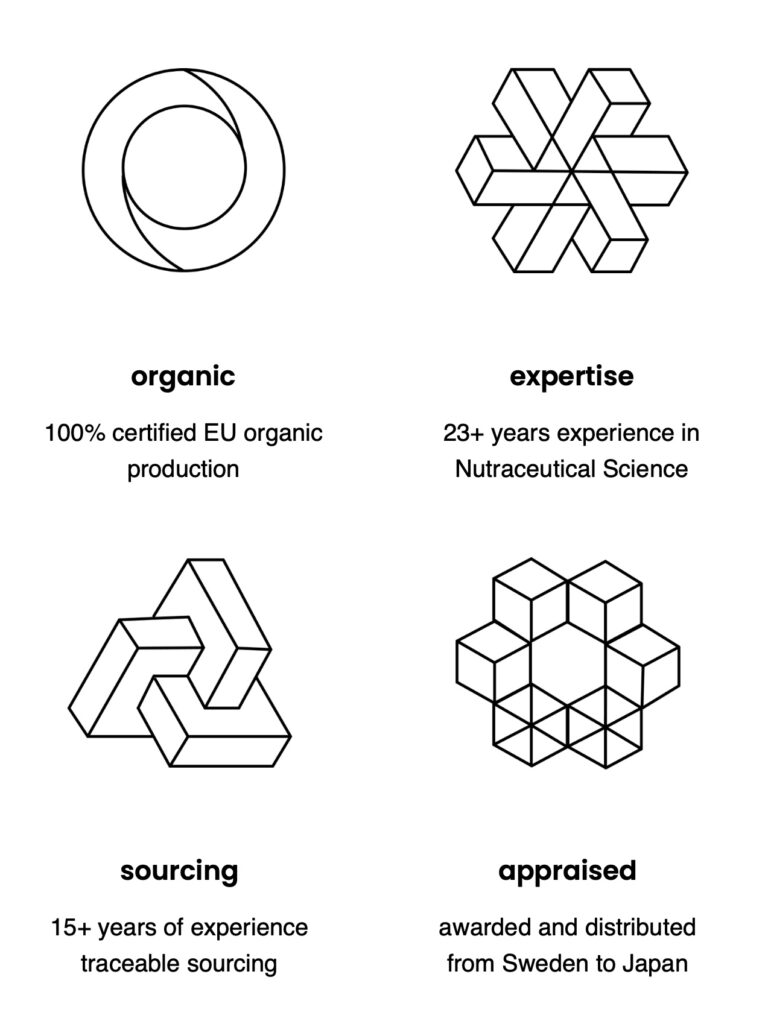

100% certified EU organic production

23+ years experience in Nutraceutical Science

15+ years of experience traceable sourcing

awarded and distributed from Sweden to Japan
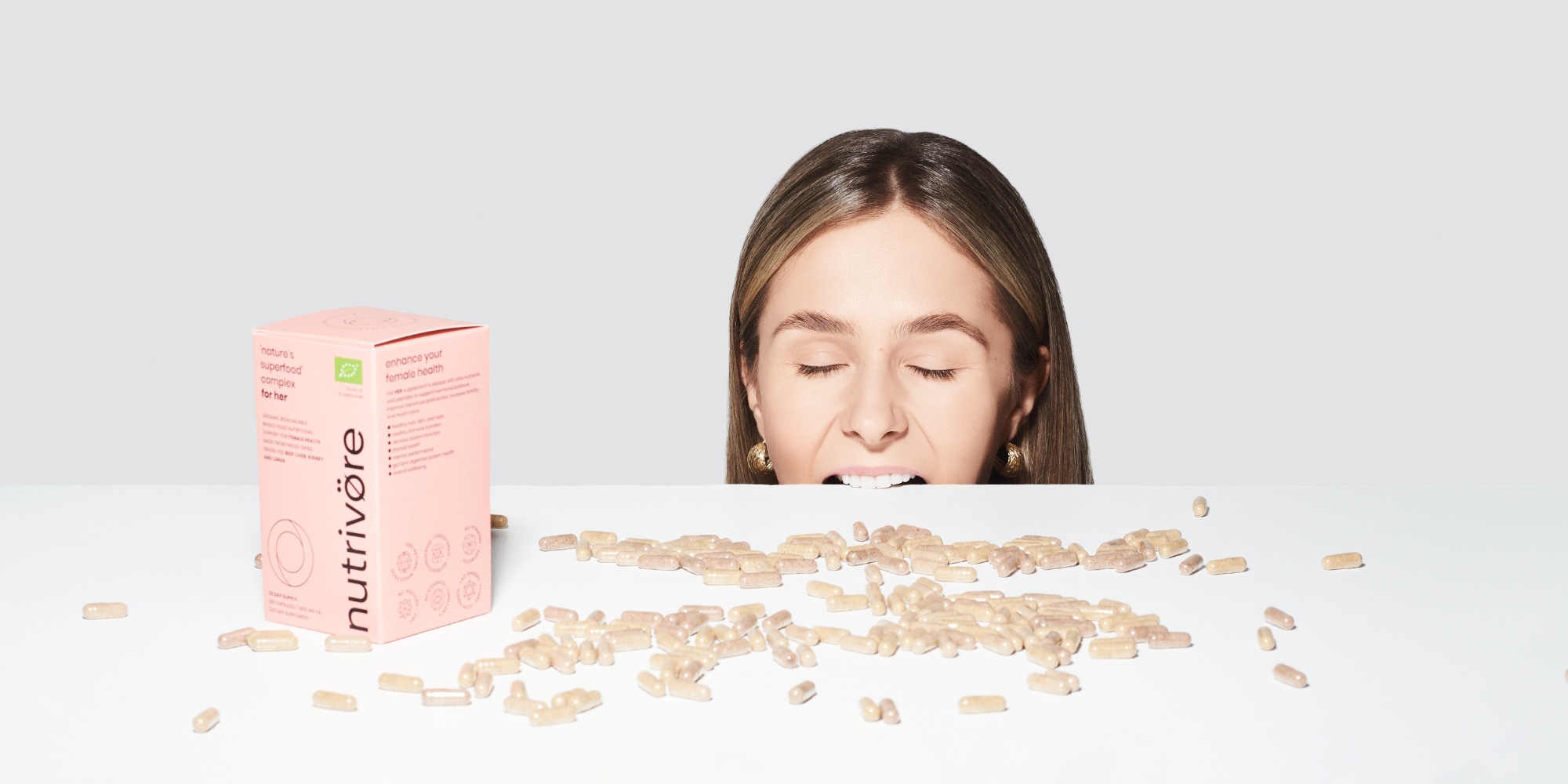
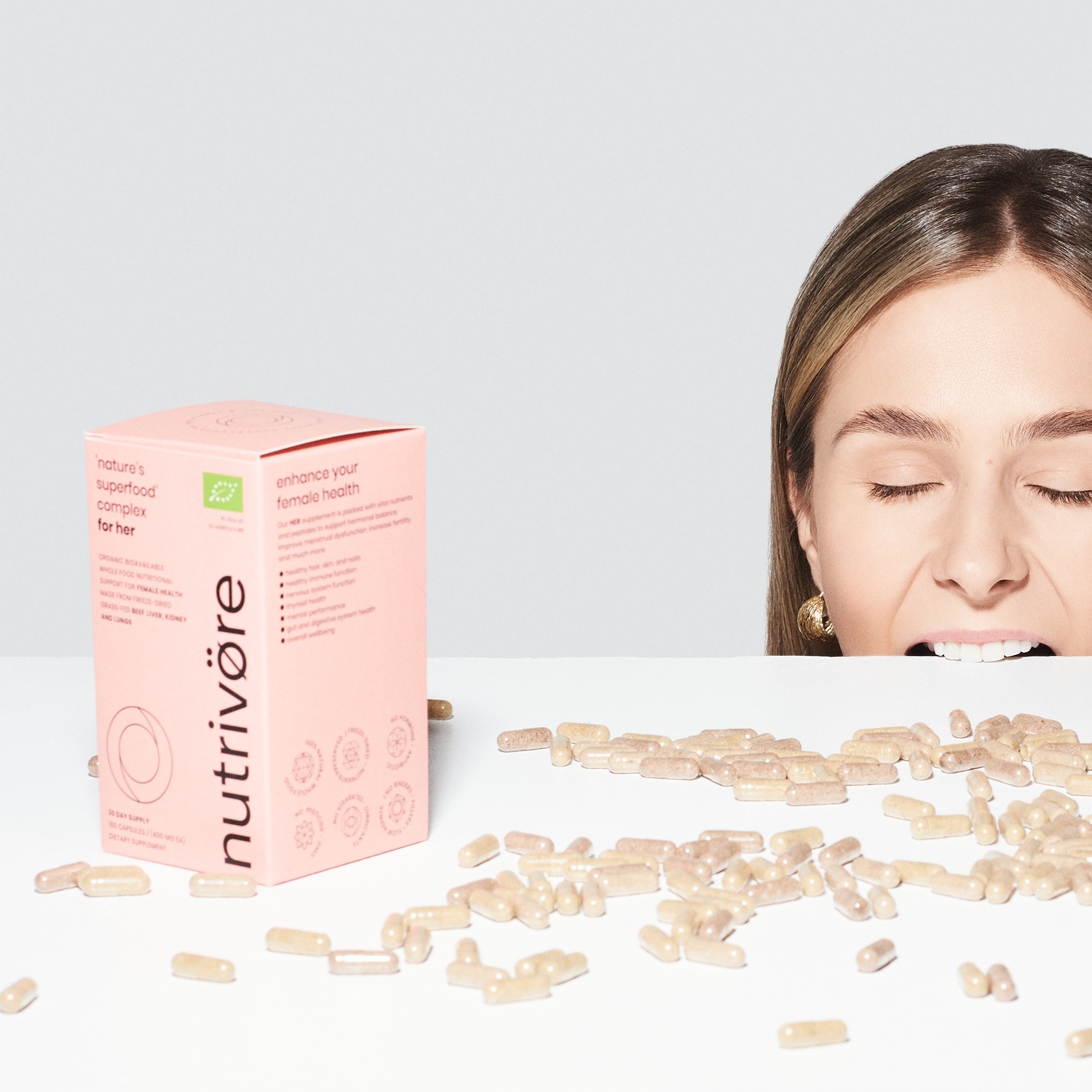
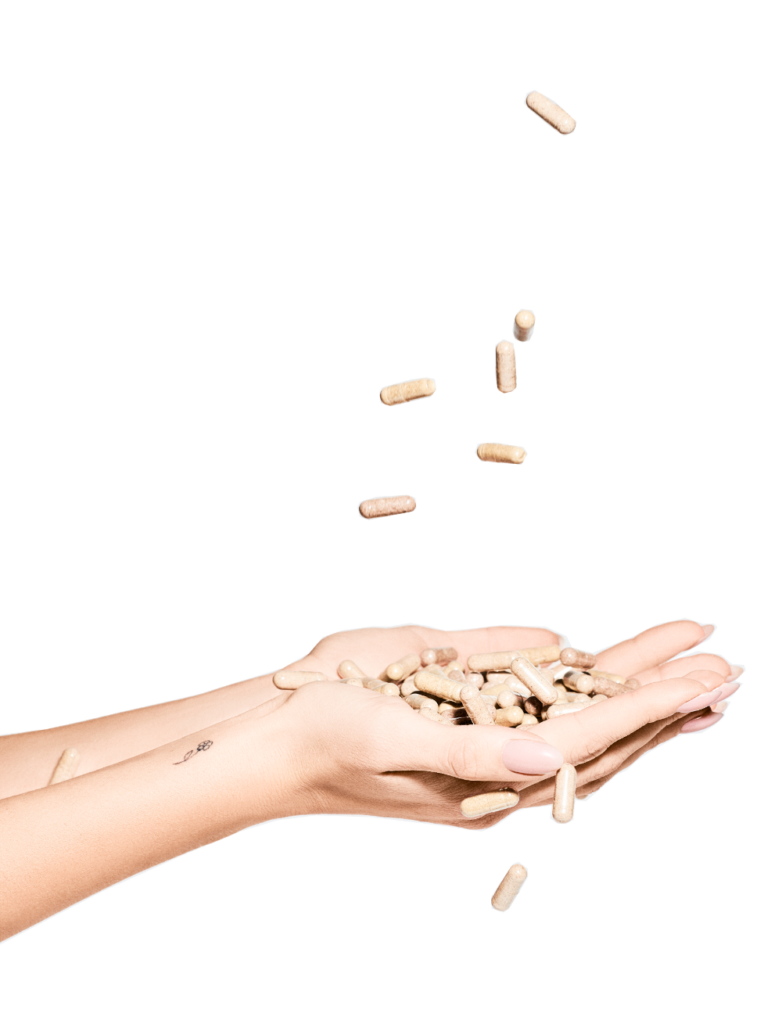
Animal organs stand as some of the most nutrient-dense ingredients on the planet, boasting a remarkable array of essential vitamins, minerals, and micronutrients vital for human health.
Remarkably, some of the nutrients are found only in animal-based ingredients, or scarcely found in other natural food sources.
Here are some good examples:
Vitamin B12, essential for functions like red blood cell formation and neurological health, is exclusively found in animal-based foods. It’s absent in plant-based sources, necessitating vegetarians and vegans to rely on fortified foods or supplements to meet their B12 needs. Maintaining adequate intake of this crucial nutrient is essential for overall health and preventing deficiency-related issues.
Retinol, a form of Vitamin A crucial for vision, immune function, and skin health, is predominantly found in animal-based foods such as liver, eggs, and dairy. Unlike its precursor, beta-carotene, which can be sourced from plant-based foods, retinol is solely obtained from animal products. It’s important to note that beta-carotene, while a precursor to Vitamin A, is not a direct source of Vitamin A itself. This poses a challenge for individuals following strict vegetarian or vegan diets, who may need to explore alternative sources or consider supplementation. Ensuring sufficient intake of retinol is essential for maintaining optimal health and supporting various bodily functions.
Heme iron, a highly bioavailable form of iron found predominantly in animal-based foods, plays a crucial role in oxygen transport and energy production within the body. Unlike non-heme iron found in plant-based sources, heme iron is more readily absorbed by the body, making it a valuable nutrient for preventing iron deficiency anemia. Foods rich in heme iron include red meat, poultry, and fish, with particularly high concentrations found in organ meats like liver. While plant-based sources such as legumes and fortified cereals contain non-heme iron, pairing them with Vitamin C-rich foods can enhance absorption. However, individuals with higher iron requirements or those at risk of deficiency may benefit from incorporating heme iron-rich foods into their diet to ensure optimal iron levels and overall health.
Vitamin D3, commonly sourced from animal-based ingredients such as fish liver oils, fatty fish, and beef organs, presents notable advantages over synthetic alternatives available in the market. Beef organs, rich sources of this essential nutrient, are particularly noteworthy as they naturally contain Vitamin D3 due to cattle grazing in sunlight. This natural form of Vitamin D3 closely mimics the molecular structure produced by human skin upon exposure to sunlight, rendering it highly bioavailable and effective in supporting various physiological functions.
Choline, an essential nutrient crucial for brain development, nerve function, and liver health, is primarily found in animal-based foods such as eggs, meat, and dairy products. While some plant-based sources like soybeans and cruciferous vegetables contain small amounts of choline, these levels are often lower and less bioavailable compared to animal sources. Adequate intake of choline is particularly important during pregnancy and infancy for proper neural tube development and cognitive function. Individuals following vegetarian or vegan diets may need to pay extra attention to ensure they’re obtaining enough choline through fortified foods or supplements to support optimal health and well-being.
Organ meat consumption is a cornerstone of various medicinal practices worldwide, each emphasizing its distinct health benefits. In Tibetan and Ayurvedic medicine, organ meats like liver and heart are revered for their rich nutrient profiles, believed to balance bodily energies and promote vitality.
In northern Europe, organ meats play a vital role in traditional healing practices. Local healers attribute organ meats with potent healing properties, aiding in the maintenance of physical strength and vitality. Similarly, in other indigenous healing traditions worldwide, such as those of the Maori in New Zealand or the Inuit in the Arctic, organ meats hold a revered place in medicinal practices, revered for their ability to sustain health and well-being in challenging environments.
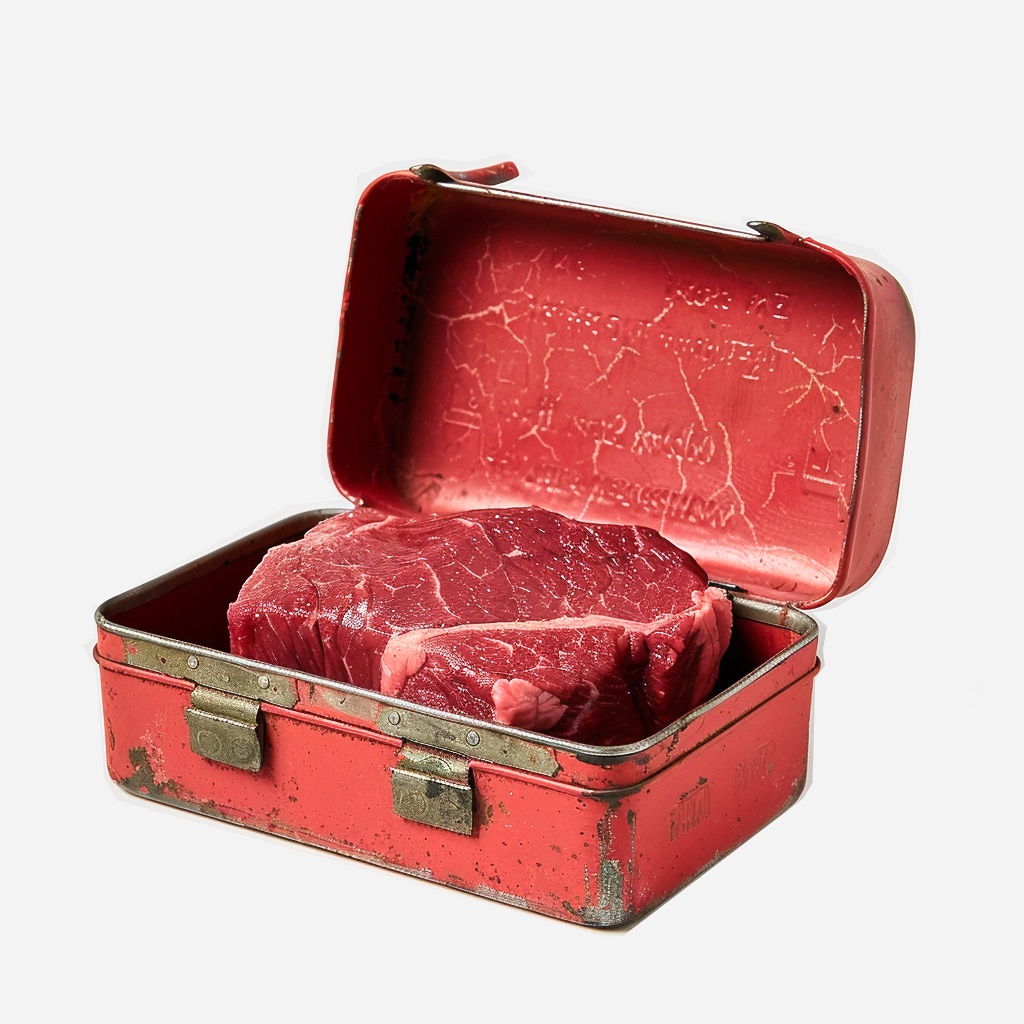

Organ meat consumption is a cornerstone of various medicinal practices worldwide, each emphasizing its distinct health benefits. In Tibetan and Ayurvedic medicine, organ meats like liver and heart are revered for their rich nutrient profiles, believed to balance bodily energies and promote vitality.
In northern Europe, organ meats play a vital role in traditional healing practices. Local healers attribute organ meats with potent healing properties, aiding in the maintenance of physical strength and vitality. Similarly, in other indigenous healing traditions worldwide, such as those of the Maori in New Zealand or the Inuit in the Arctic, organ meats hold a revered place in medicinal practices, revered for their ability to sustain health and well-being in challenging environments.

Our bodies rely on a complex interplay of organs, each with unique functions vital for health. These organs naturally contain a concentrated source of essential nutrients, including vitamins, minerals, coenzymes, and peptides. Freeze-drying these organs preserves their nutrient profile, offering a concentrated and readily absorbed source of these vital compounds, hence the terms “superfoods” and “bioavailable multivitamins.”
These supplements can benefit individuals seeking to optimize their nutrient intake, particularly those looking to support organ health and overall well-being. They can be especially beneficial for individuals with dietary restrictions or those looking to complement their diets with bioavailable sources of essential nutrients.
Unlike synthetic supplements, which often contain isolated nutrients, supplements made from freeze-dried grass-fed free-range beef organs provide a natural source of bioavailable nutrients in their whole-food form. Research published in the Journal of the International Society of Sports Nutrition has shown that whole-food supplements may offer superior absorption and utilization compared to synthetic counterparts.
Accordion Organic beef organs sourced from grass-fed, free-range cattle offer superior nutritional benefits compared to conventional sources.
Organic farming practices eliminate the use of synthetic pesticides and fertilizers, minimizing potential exposure to harmful chemicals. Additionally, organic animals are typically raised with access to natural environments and fed organic feed, potentially leading to healthier animals with a richer nutrient profile in their organs.
Unlike synthetic supplements, which often contain isolated nutrients, supplements made from freeze-dried grass-fed free-range beef organs provide a natural source of bioavailable nutrients in their whole-food form. Research published in the Journal of the International Society of Sports Nutrition has shown that whole-food supplements may offer superior absorption and utilization compared to synthetic counterparts.
No, these supplements are not suitable for vegetarians or vegans as they are derived from animal sources. However, they can be an excellent option for individuals following a omnivorous diet looking to enhance their nutrient intake with bioavailable sources.
Our supplements are produced using high-quality ingredients sourced from grass-fed free-range animals raised without the use of antibiotics or hormones. Additionally, they undergo rigorous testing for purity and safety to ensure compliance with industry standards. Research published in Food Control emphasizes the importance of sourcing high-quality ingredients to ensure the safety and efficacy of dietary supplements.
While these supplements are not intended to diagnose, treat, cure, or prevent any disease, they can play a supportive role in maintaining overall health and well-being. Organ meats are rich in nutrients that support various bodily functions, including immune function, cardiovascular health, and metabolism. However, individuals with specific health concerns should consult with a healthcare professional before incorporating these supplements into their regimen.
We do not like to write. But when we write we make sure it is worth of reading.
We share only things you would not easily find anywhere else.
© 2024 NUTRIVØ̈RE